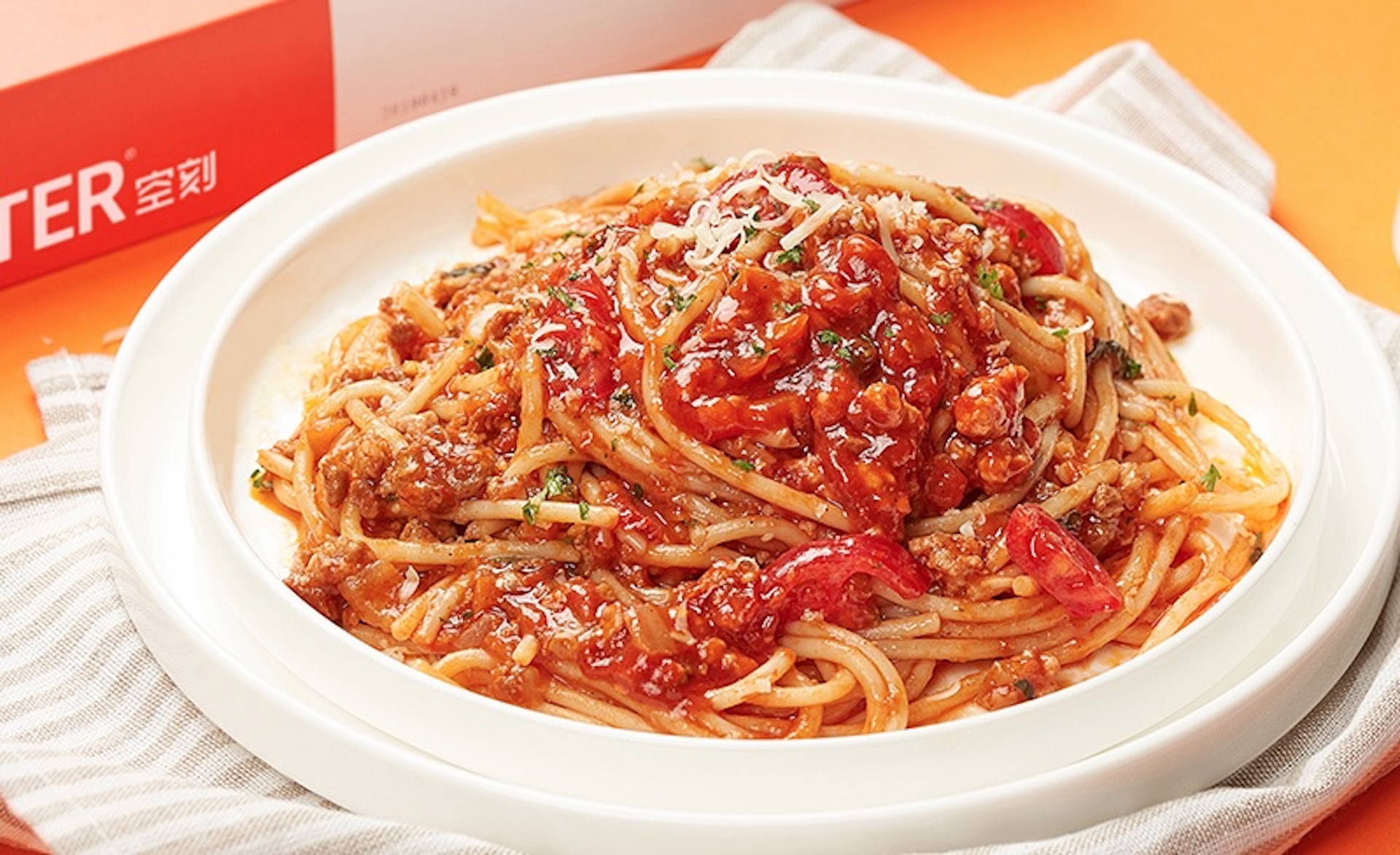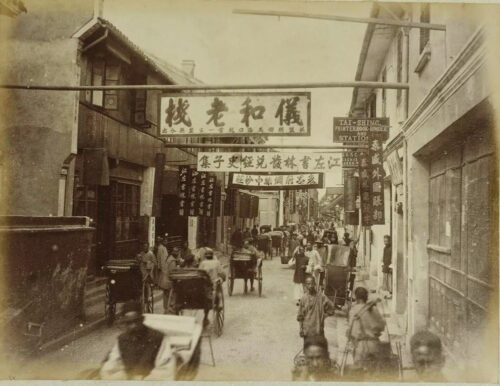KFC China’s major condiment supplier to IPO
Baoli Foods makes everything from ketchup and spicy sauce to instant Italian pasta. Now the company wants to raise $70 million in a Shanghai listing.

Baoli Foods 宝立食品, a Shanghai-based condiment supplier, is planning an initial public offering in Shanghai that will raise 460 million yuan ($70 million).
- Founded in 2001, Baoli supplies major fast-food brands, including KFC, McDonald’s, and Chinese fast-food chain Dicos, with condiments such as marinades, sprinkles, salad dressings, bread crumbs, and jams. Yum China was the company’s first customer
- In 2018, Baoli diversified into prepared meals, rolling out its own prepped meal kits. In March 2021, Baoli acquired a majority stake in A Fen’s Kitchen, which sells a popular spaghetti pasta pack called Airmeter.
- In the first half of 2021, condiments made up 56% of revenues while 30% was in prepared meals. The other 14% is made up of desert and beverage toppings supplied to the bubble tea beverage chain HeyTea.
China news, weekly.
Sign up for The China Project’s weekly newsletter, our free roundup of the most important China stories.
The context: KFC, which is owned by Yum! Brands, entered China in 1987. Though the rest of the company put their energy into Pepsi, KFC took off in China. The franchise expanded to over 7,900 outlets, spanning 1,600 cities as of 2021.
- Yum China was spun off from the main brand in 2016. It began looking for local suppliers to reduce costs. Cue Baoli’s entrance and growth alongside Yum China.
- Among the largest stakeholders is Hosen Capital, a big food-sector private equity firm backing major Chinese consumer brands such as hot pot chain Haidilao and spicy snack company Weilong Latiao. In 2020, Hosen acquired 11% of Baoli Food for 96 million yuan ($15 million).
- Funds from the IPO will go to the construction of a manufacturing base in Jiaxing, Zhejiang, an IT center, and to replenish capital.
The takeaway: Yum China, Baoli’s biggest customer, has had a slower economic recovery amid supply chain disruptions and lockdowns throughout the course of 2021. Yet the long-term growth prospects of China’s food industry are still rosy. By diversifying into prepared meals Baoli is responding to a rise in direct-to-customer (DTC) options spurred on by the pandemic.






